Facing social problems with action (Part 1)
As I’ve described before, people get involved in different ways to take action and face emergency situations, and education in the most humble communities in Argentina is definitely one such situation.
When I think of civil action, two people come to my mind: my coworker, Juan; and my life long friend, Victoria. I’ll describe each in different entries. They couldn’t be more different from one another. And yet, their concerns lead them both to advocate for more social inclusion.
![]() read more
read more
Stereotypes and career in Kenya
When I returned home after my two-year master’s course, the only things of any value I had were my laptop and my camera. Before I got too worried about having to start life all over again, I quickly reminded myself of the non-material possessions that I came back with. One of those was living and learning with people from different cultures – almost like learning in the classroom of the world! I wish this was an experience everyone could have, especially those from my own country.
![]() read more
read more
María on Skype: “Laws are essential for social change”
From broken windows to broken homes?
During my studies I had several periods of teaching practice where we worked in state schools as language teachers for four to six weeks. I dealt with both a gymnasium, where mostly talented pupils study, and a typical school on the outskirts of my city. So, I can compare them and share a couple of my ideas about what I saw there.
![]() read more
read more
Emmy on Skype: Three questions, three answers
Green leaves in autumn
After the National Youth Orchestra of Iraq was founded by 17-year-old female Iraqi pianist Zuhal Sultan in 2009, we saw much better progress among Iraq’s young musicians. Every year the Orchestra has its own courses in the summers, usually in July or August, with many great orchestral tutors coming from all over the world to Kurdistan. The orchestra usually contains 45 to 50 players – Kurds and Arabs – without restricting itself to any single nationality, religion or culture. It’s hard to bring this many different groups together in one country, but on stage, the orchestra could do just that. That is the power of music, which can bring people together despite their differences.
![]() read more
read more
My generation: flexibility is key
Emmy wrote that people increasingly need to be better qualified to find jobs in Kenya. The situation in Kenya is different from that in Germany, of course. But here we young people also need more and more qualifications to get a good job – and many of us actually have these credentials. I talked with my girlfriends about how our educational training and our lives as a whole have changed compared with our parents’. We have been friends for years. Some of us even went to the same kindergarten, so we were educated in the German school system at the same time.
![]() read more
read more
Thinking back on former classmates
Summer is here, so pupils in Russia are saying goodbye to their high schools. For many of them, the period of college or university life is about to begin.
Sometimes I think about my former classmates and wonder whether they have successfully found their niche. I’m glad to know that one of my friends earned two university degrees in our native city and moved to a bigger one to take on a third course of study. Or another friend of mine, who is climbing up in the media sphere, calling people’s attention to different events in Russia and abroad. I remember also that a couple of boys decided not to enter a university but chose a vocational training program (VTA) – I wonder how they are doing now.
![]() read more
read more
Far from good, but good from afar?
Last time, I wrote about how the competition in the job market in Kenya is getting stiffer by the day. More and more people now have master’s degrees, for example. The question is: Where does that leave those who cannot afford to climb the education ladder that high?
There are other options. One can go to a tertiary college. I have several cousins and other relatives who did not have the finances to go on to university once they finished high school, even though they had worked hard enough to get grades that would have been sufficient for entering a university.
![]() read more
read more
Building a learning community amid harsh conditions
After Barrio Mosconi, the circus workshop moved to El Dique, another slum in the district of Ensenada. Having set foot in both, I could tell the difference between them was that the latter has worse living conditions: informal housing and dirt roads instead of paved streets. Also, as Liliana put it very well during the meeting we had: El Dique has a bigger population, so it is able to have a Centro de Integración Comunitario. The proper translation would be “Community Integration Center,” and it is a special building provided by the government, where there is space for health initiatives as well as social development, arts, education and sports programs. This is where the circus classes took place.
![]() read more
read more



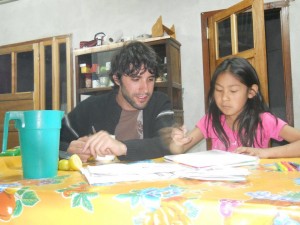


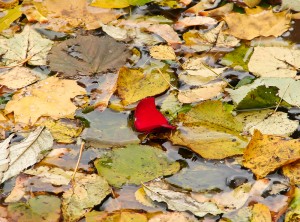
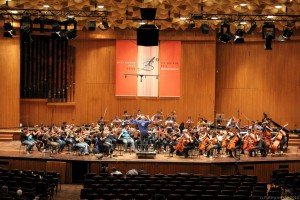
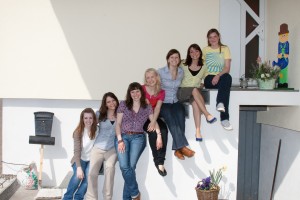
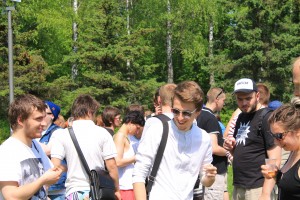
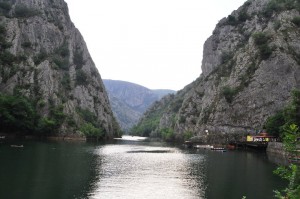
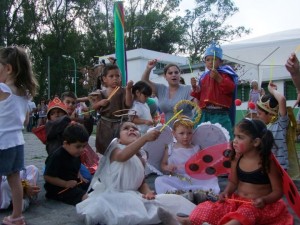




Feedback